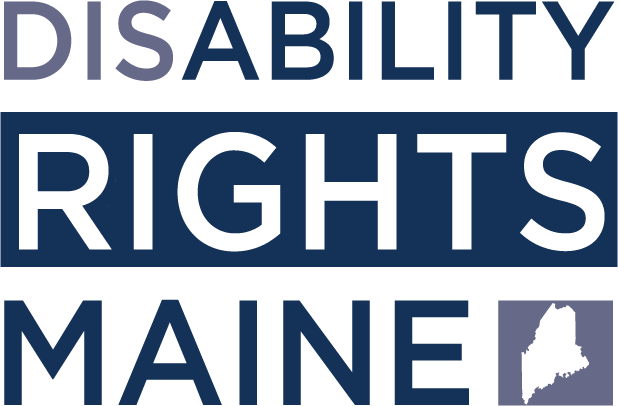Protecting the Rights of Individuals with Developmental Disabilities During COVID-19
The COVID-19 pandemic has forced all of us to adjust to a “new normal” as we go about our lives. As infection rates begin to decline in harder-hit areas, signs of recovery are emerging. Restaurants, stores and public areas are slowly reopening. Throughout the pandemic, our DD team has been staying in contact with individuals with developmental disabilities and advocating with them for their rights.
One area that has been on particular concern to our clients is ensuring that they participate in the process of decision-making when it comes to accessing their communities. Services have not always been truly person-centered, and the reaction to COVID-19 has in some ways highlighted this long-standing issue, and in some ways made the issue worse. Understandably, supporters for individuals with disabilities want to ensure health and safety so that they people they serve can be protected. However, people with disabilities have the same rights as everyone else, and DRM has been working hard to make sure that people receiving services are part of the conversation so that their rights are not restricted in more extreme ways than individuals who do not have disabilities.
Since March, the DD team has regularly participated in virtual Person-Centered Planning and other meetings through Zoom. We have also moved our outreach to clients with disabilities from the physical world to the virtual one. We have conducted major outreach campaigns over the phone – talking to people in group homes about their lives and the support they are getting during the pandemic. Additionally, since COVID-19 began, team members have been attending statewide Speaking Up for Us (SUFU) meetings once a week via Zoom. During these meetings, self-advocates and DRM staff share updates on their advocacy efforts, and self-advocates describe their own experiences with Developmental Services, healthcare, and other areas of life. In August, DRM worked to get feedback from SUFU on materials and an upcoming training on supporting people to make decisions about accessing the community and having visitors.
As businesses and public areas began re-opening, DRM began to have concerns about our clients not being part of conversations about how they live their lives in light of COVID-19 and the relaxed restrictions. We continue to see many cases involving the significant limitations on our clients’ abilities to leave their homes, access the broader community, work, and maintain relationships outside the home. DRM has successfully advocated clients by advocating for a personalized approach to meet an individual’s needs. While no one has all the answers, the conversation about community access needs to begin with the individual being served.
In August, DRM partnered with OADS and SUFU to develop a “Person-Centered Discussion Tool for Assessing the Risks of Having Visitors and Accessing the Community” (available at: https://www.maine.gov/dhhs/oads/covid-19-resources). This guide is a tool for individuals receiving services and those supporting them to use to develop an individualized, person-centered approach to helping individuals make the decisions about accessing the broader community.
DRM, OADS, and SUFU held training on this tool and nearly 400 people participated, mostly providers. It became clear from the questions asked during the training, and emails we received afterward, that these conversations are simply not happening. Individuals with disabilities are being largely left out of the conversation. DRM is working to ensure that our clients are being consulted with and their voices heard—in other words, the make sure that services are, and continue to be, truly person-centered.
If you need assistance understanding or advocating for your rights, call Disability Rights Maine at 800.452.1948, or use our online intake form.
